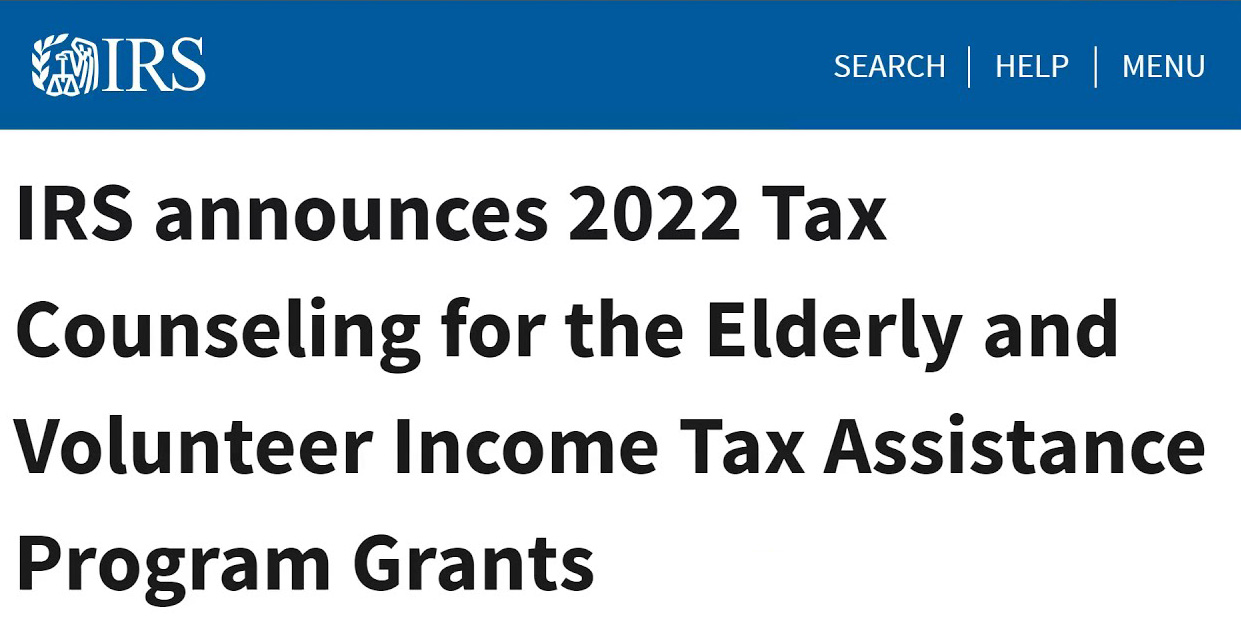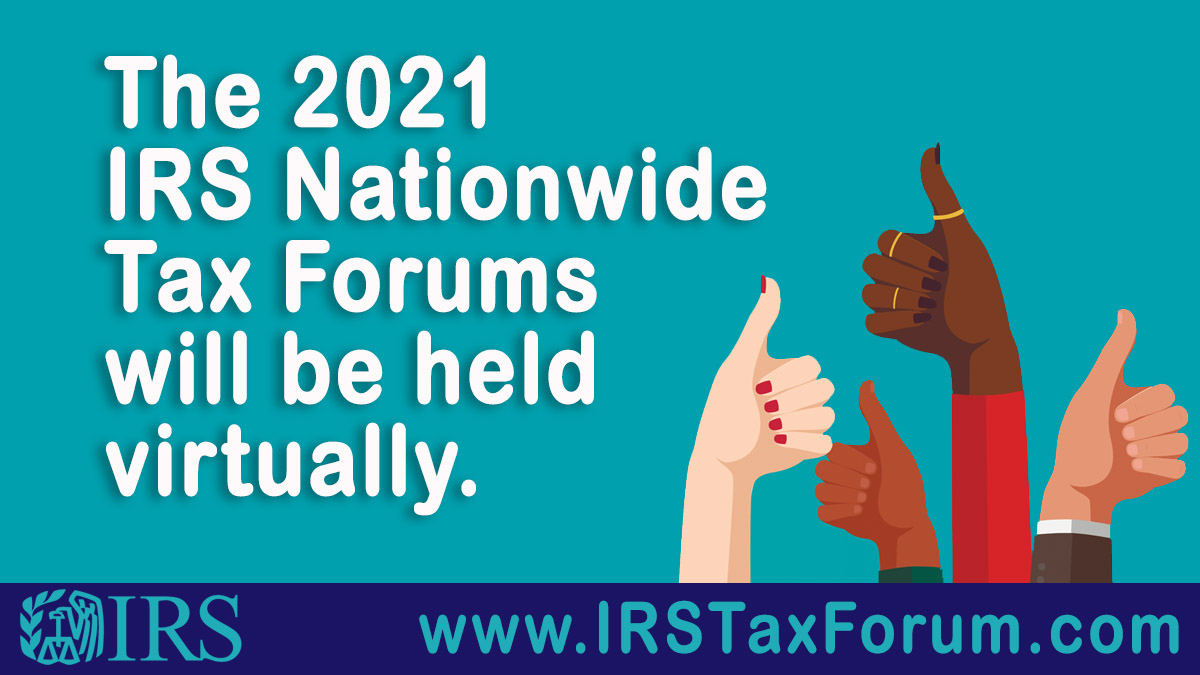The Internal Revenue Service today reminded employers that the next quarterly payroll tax return is due November 1, 2021. The IRS urges employers to use the speed and convenience of filing the returns electronically.
E-filing is the most accurate method to file returns and saves taxpayers time by performing calculations and auto-populating forms and schedules with a step-by-step process. The IRS acknowledges receipt of e-filed returns within 24 hours, giving taxpayers reassurance that their return was not misplaced or lost in the mail. Electronically filed returns reduce processing time and have fewer errors, which reduces a taxpayer’s chance of receiving an IRS notice. E-file users also receive missing information alerts.
Two options for electronically filing payroll tax returns:
-
Self file
- Purchase IRS-approved software.
- Business owners may need to pay a fee to electronically file their returns.
- Apply for an online signature PIN or scan and attach Form 8453-EMP for the required signature.
-
Tax professional file
- Use the Authorized IRS e-file Provider Locator Service to find a tax professional who can file on behalf of the business.
The IRS requires all authorized IRS e-file providers to ensure only authorized users have access to secure information. Only the business owner, authorized signers and reporting agents can apply for an online signature PIN. Third parties (such as attorneys, CPAs, tax return preparers or other tax professionals) can’t request a PIN on behalf of the business, nor can they use the PIN to sign returns on behalf of their clients.
For more information on electronic filing of payroll tax returns, see the E-file Employment Tax Forms page.
COVID-related Employer Tax Credits
The credit for qualified sick and family leave wages has been extended and amended.
The employer tax credits for qualified sick and family leave wages gives all American businesses with fewer than 500 employees funds to provide their employees with paid leave, either for the employee’s own health needs or to care for family members. The American Rescue Plan of 2021 further amended and extended the tax credits (and the availability of advance payments of the tax credits) for paid sick and family leave. See Notice 2021-24 PDF for guidance on the ability to reduce deposits and request advances for the credits for periods of leave through September 30, 2021.
The Employee Retention Credit has been extended and amended.
The Employee Retention Credit is a refundable tax credit against certain employment taxes equal to 50% of the qualified wages an eligible employer pays to employees. The modified and extended credit is available for qualified wages paid before January 1, 2022. Generally, the rules for the Employee Retention Credit for the second quarter of 2021 and the third and fourth quarters of 2021 are substantially similar.
For more information about other coronavirus-related tax relief, visit IRS.gov/coronavirus.
Advance Child Tax Credit
The IRS encourages employers to help get the word out about the advance payments of the Child Tax Credit. Employers have direct access to many who may receive this credit. More information on the Advance Child Tax Credit is available on IRS.gov. The website has tools employers can use to deliver this information, including e-posters, drop-in articles (for paycheck stuffers, newsletters) and social media posts to share.
For more information see Advance Child Tax Credit Payments.
Source: IRS, October 20, 2021





